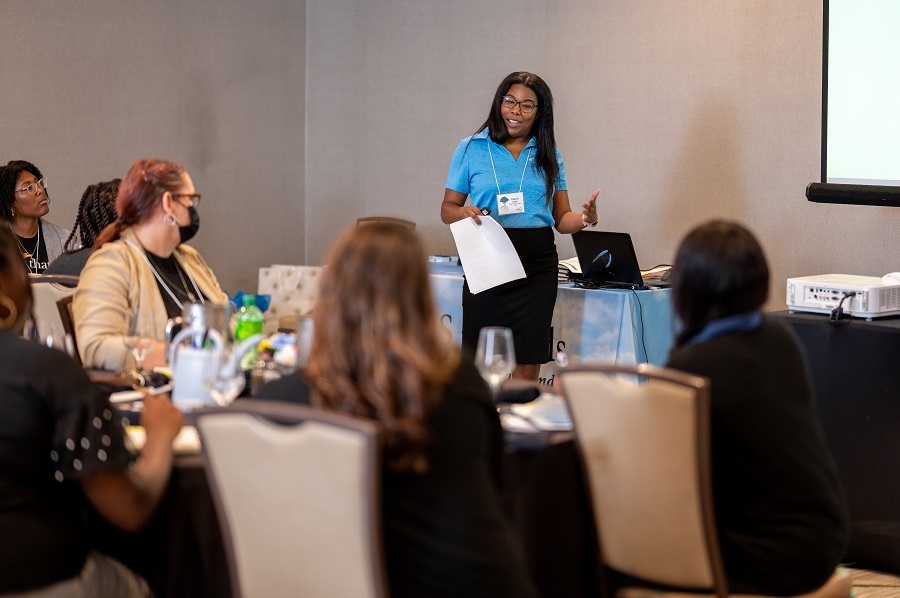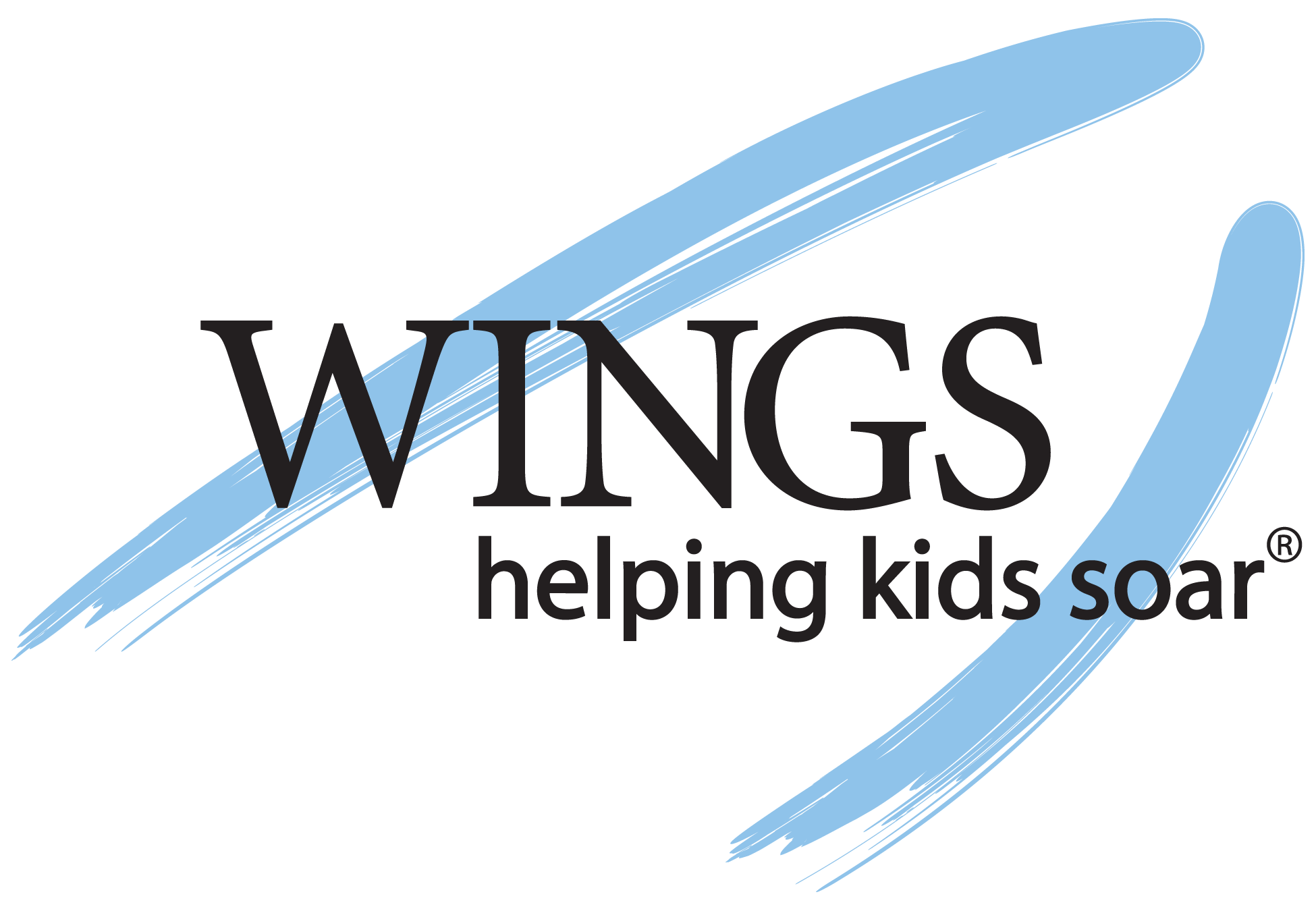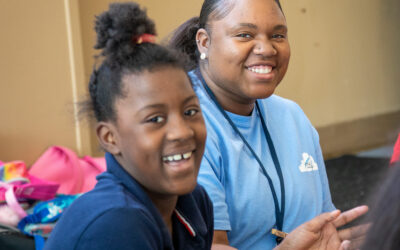Introducing SEL—and implementing it—can often be met with skepticism and hesitation. SEL isn’t just one more thing to juggle or a distraction from academics. At Wings for Kids, we know embracing the power of SEL nurtures growth in all areas of the school day. We promise it’s not as difficult as you fear! We’re here to ease any doubts and offer practical tips to approach and address resistance in a positive way.
Here are six strategies for overcoming pushback and garnering support for SEL initiatives.
1. Communicate the Benefits
One of the most effective ways to overcome resistance is through open and transparent communication. Educate stakeholders about the proven benefits of SEL programs, emphasizing how they complement academic pursuits rather than detract from them. Highlight research that demonstrates improved academic performance, reduced behavioral issues, enhanced social skills, and increased overall well-being among students who participate in SEL initiatives. Providing concrete evidence will help clear up any misconceptions and generate support.
2. Involve All Stakeholders
To gain widespread support, involve all stakeholders in the SEL implementation process. Engage teachers, administrators, parents, and students in discussions to understand their concerns, needs, and expectations. Demonstrate that SEL is a collaborative effort, not an additional burden imposed on teachers or an intrusion into the home. In WINGS programs, for example, we strive to encourage both students, families, and adults to practice and model skills organically—weaving it into teachable moments that happen naturally in the day. Encourage open dialogue and invite stakeholders to share their thoughts, ideas, and suggestions. This inclusiveness will foster a sense of ownership and make stakeholders feel valued and heard.

3. Show Alignment with Academic Goals
One common misconception is that SEL takes time away from academic instruction. Address this concern by clearly illustrating how SEL supports and even enhances academic goals. Highlight the ways in which SEL skills, such as self-regulation, resilience, and empathy, contribute to improved focus, concentration, and problem-solving abilities in the classroom. By highlighting the symbiotic relationship between academic achievement and SEL, you can eliminate the notion that they are mutually exclusive.
4. Provide Professional Development
To alleviate concerns about implementation challenges, offer comprehensive professional development opportunities for educators. Equip teachers with the necessary knowledge, skills, and resources to effectively integrate SEL into their daily routines. Professional development programs can help teachers understand how SEL can be seamlessly integrated into existing curricula, creating a supportive classroom environment that nurtures both academic and social emotional growth.
After the pandemic, many administrators, educators, and students reported feelings of isolation and disconnection. We try to highlight the value of connection and community in our sessions to foster positive learning environments for both students and staff. Our goal with any professional development session is to support adult SEL knowledge and skills, ultimately empowering them to bring what they learn into their schools, classrooms, or programs.
5. Showcase Success Stories
Sharing success stories and testimonials from schools and districts that have successfully implemented SEL can be a powerful way to garner support. Highlight specific examples of positive outcomes, such as improved student behavior, increased empathy, enhanced classroom climate, and higher student engagement. Personal stories and anecdotes can help stakeholders visualize the positive impact SEL can have on their own students, schools, and communities.
6. Foster Collaboration and Partnerships
Building partnerships with other organizations, community leaders, and like-minded individuals can strengthen support for SEL implementation. Collaborate with local businesses, nonprofits, and government agencies to create a network of resources and support for SEL initiatives. By demonstrating that SEL is a community-wide endeavor, you can garner additional support and resources to help overcome resistance.
Overcoming resistance and gaining support for SEL implementation requires a concerted effort involving open communication, involvement of all stakeholders, showcasing alignment with academic goals, providing professional development, showcasing success stories, and fostering collaboration and partnerships.
At Wings for Kids, we believe that by implementing these strategies, we can overcome the challenges together to create a nurturing environment where children thrive both academically and emotionally—and adults aren’t overwhelmed!
Need assistance gaining support for SEL initiatives? Book a meeting with us to see how WINGS can help!













